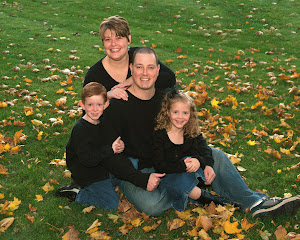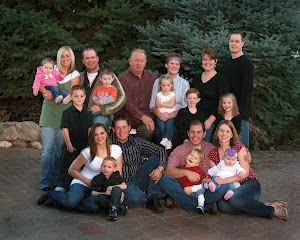“When they get to school, the teachers tell us today’s children can’t negotiate; they’re having trouble with social conversations. They’re having trouble because they’re accustomed to just pushing a button and the machine they’re on just reacting to them. The other thing that’s declining now is fantasy play, the ability to imagine, the ability to think up new scenarios, new stories, new ideas, and new concepts in your own head. Kids are having all these stories brought to them so vividly on the screen that they’re not playing imaginatively themselves; and this has got to be a great loss in terms of the future of creativity of the people in this country.” (Jane M. Healy, Ph.D. educational psychologist and author of Your Child’s Growing Mind)
Let’s not wait until our children are in school to decide television should be limited. Also, let’s not wait until our children are in school for them to begin learning different concepts that could and should be learned at home.
For example, you can start teaching your wee babe basic mathematics by counting everything that is familiar to him. Start with his body. Talk to him. Say, “This is your mouth. This is your ear. Oh, you have another ear! Here is your nose. These are your toes.” Count them, “One, two, three, for five toes!” Count actions such as blinking eyes, climbing stairs, “One, two, three stairs.” Count everything with your child: toys, blocks, bites of food eaten, books, steps, people, chairs, etc.
Always talk to your baby and tell him what he is experiencing—what he is tasting, what he is smelling, what he is feeling. If your are tickling his back, tell him that is what you are doing.
Why is it important to do these things? Picture a little seed for each of your child’s 100 billion brain cells. As the child is exposed to a variety of stimulating experiences, each cell is capable of sprouting up to 20,000 different branches to store the new information. So, in a way, the child literally grows his own brain. So, with this in mind, you are helping your child grow his brain if you try to give him every opportunity to develop it through his play (which is really a child’s work). See “Learning Fundamentals,” by Colin Rose and Gordon Dryden; pg. 10.
Patience
-
I had a friend express to me once what a patient person I was. I was blown
away. Did she not see me at the grocery while I grinned and bore a
screaming chi...
10 years ago














No comments:
Post a Comment